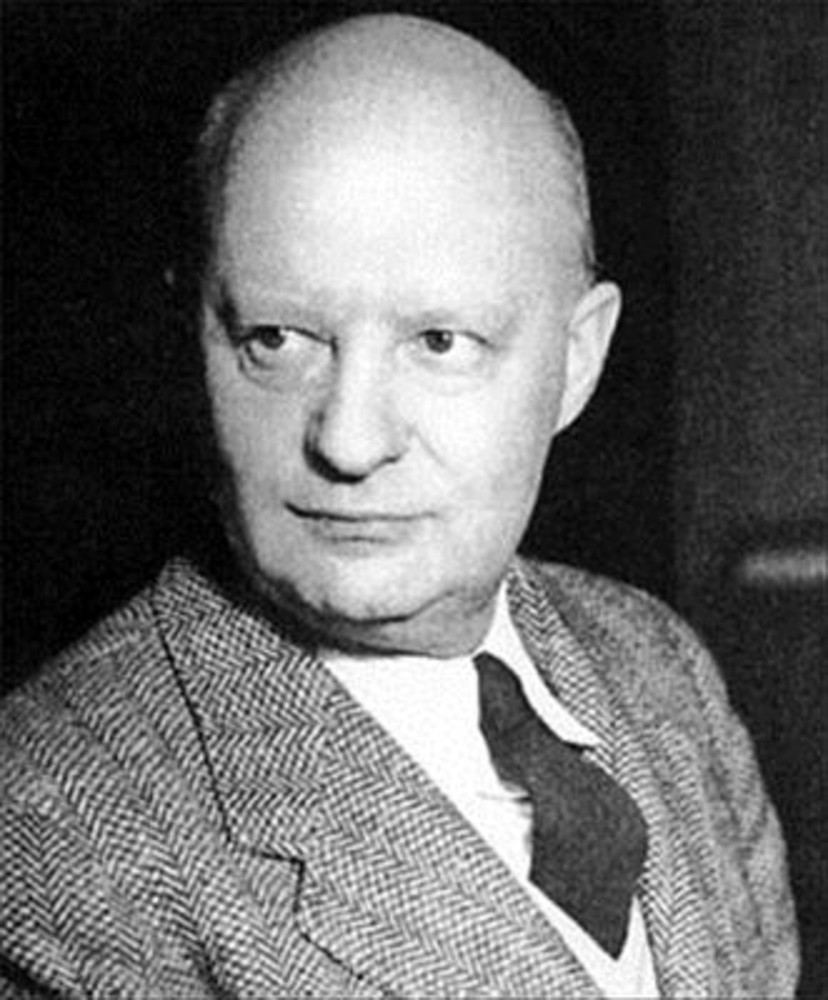Week 788: “Fantasie” by Paul Hindemith
Manage episode 489049539 series 1375605
When I think of music between the two World Wars my mind immediately goes to jazz, which is understandable, but does a bit of a disservice to the classical composers of that time. I haven’t featured nearly enough composers from the interwar period yet; even the big ones like Stravinsky and Prokoviev. All in good time. But a lesser-known (to me at least) voice from between the wars was Paul Hindemith.
Born in Germany, Hindemith was a teenager when World War 1 broke out, and his father died in battle in 1915. Three years later, Paul himself joined the army, and narrowly escaped death a couple of times. The end of the war began a prolific period for Hindemith; the 1920s saw him produce eight operas, four ballets, four orchestral works and countless concertos and choral works as well.
His music was not atonal like some other composers of the time, but it also didn’t rely on a diatonic scale; his stated goal was to free up all twelve notes of the chromatic scale. As a result, much of his music was written without a specified key signature, and it wanders from one tonal centre to another in surprising ways.
As the Nazis came to power in Germany, Hindemith’s music was eventually condemned as “degenerate” and was banned. He fled to Switzerland, and eventually to the US, where he taught at Yale and lived out the rest of his days.
What makes this a beautiful song:
1. I love that he wrote specifically for the viola. I’ve already written about the underappreciated viola before; Hindemith really does it justice here.
2. The way the melody is passed between the viola and the piano.
3. That melodic line is so darned catchy and low-key epic. Feels like it could be from a John Williams film score.
Recommended listening activity:
Looking into the whereabouts of your direct ancestors during the 1920s.
The post Week 788: “Fantasie” by Paul Hindemith appeared first on Beautiful Song Of The Week.
19 episodes





